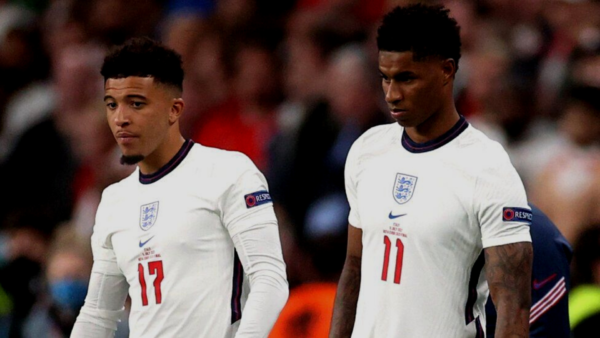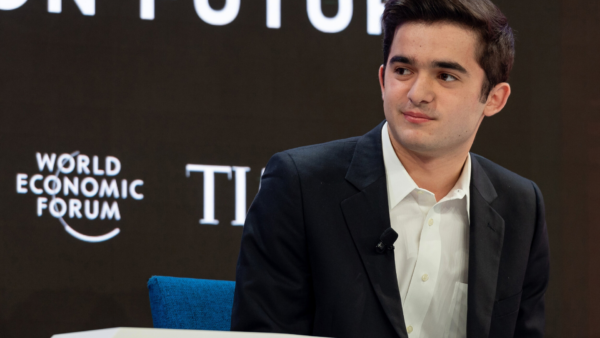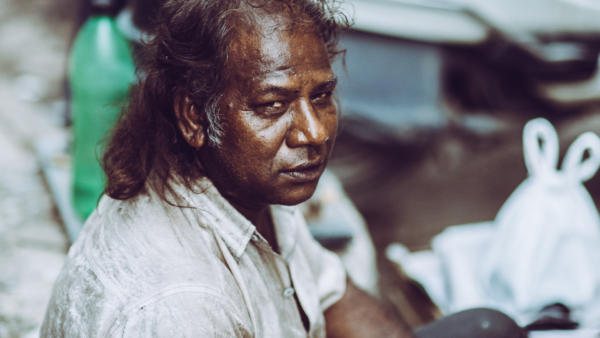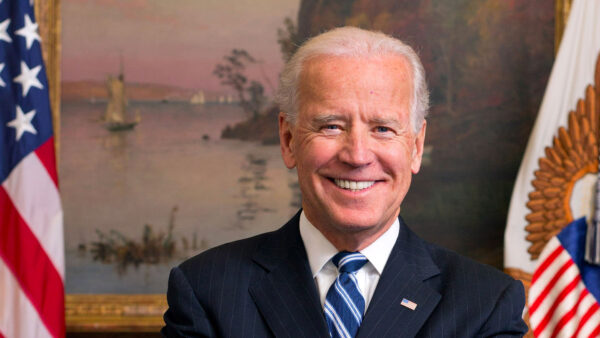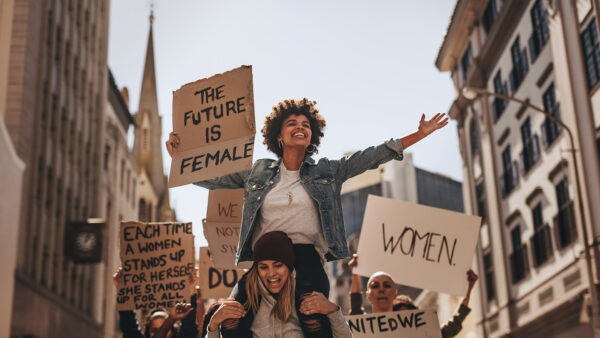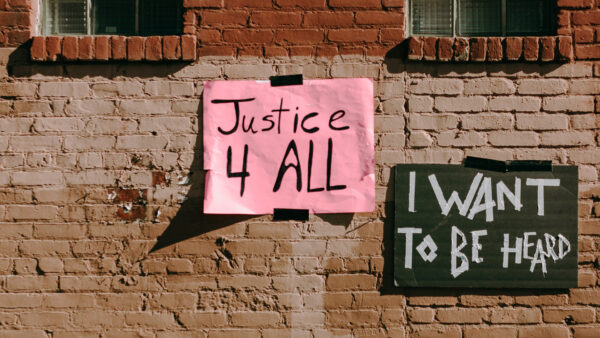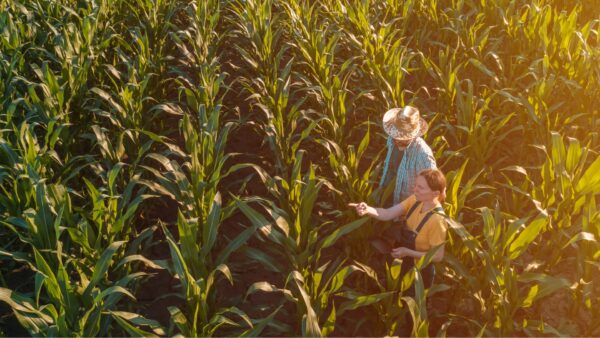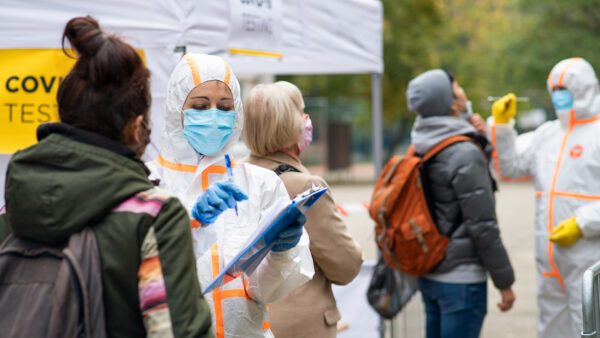Meet the top 5 sustainable designers at London Fashion Week
Never been at the front row of the London Fashion Week? 2021 may be your only chance! With the pandemic still raging in London, the 5-day fashion week has moved to an all-digital catwalk with designers showcasing gender-neutral apparel.
But here is why we are excited this year!
In a study conducted by the Economist Intelligence Unit (EIU), it was found that 60% of fashion, textile, and retail businesses are making sustainability a non-negotiable part of their manufacturing process. This new shift was prominent at London Fashion Week as well, and here are the top 5 sustainable designers at London Fashion Week 2021 you should know about.
To Be Frank
To Be Frank is a London-based brand known for its famous ‘rubbish range’, which is made from recycled fabric cuttings that would usually end up in a landfill. They also use abandoned fibres from various retailers. Not just their fabric, their thread, labeling, and packaging is all sustainable as well and their garment bags are compostable. Instead of using plastic bags that are made from petrochemicals, To Be Frank uses materials such as corn starch to make their garment bags. So no matter what product you receive from them, if it ever ends up in a landfill, you can be assured that it would break-down and compost.
Patrick McDowell
Patrick McDowell is a London-based designer who has captivated the fashion industry with his work. He hosted London Fashion Week’s first-ever swap shop for which he collaborated with the brand, Swarovski. At this swap, people had the opportunity to exchange their old items for new and to get off-cut Swarovski embellishments, which would have been disposed of otherwise. With sustainability at its core, Patrick McDowell aims to reduce its carbon footprint by creating luxury products that are also sustainable.

Vivienne Westwood
Who does not recognise Vivienne Westwood? Vivienne Westwood is one of the brands that have political and climate action at its core. The brand has been working with sustainability at its core, for over 10 years now, way before it became a topic of media interest. Vivienne’s famous quote about sustainable fashion still resonates with numerous people and designers – “Buy less, choose well, make it last”. The company sources raw materials that have a minimal social and environmental impact. The company also aims to use mono-materials and reduce the use of blended fabrics since the latter cannot be recycled into high-value fibres.
Riley Studio
Riley Studio wish to change mindsets and make conscious consumerism the norm. Forbes states that their fabrics are made from “upcycled waste products like ocean plastic and fishing nets plus natural fibres. They’re made to last a lifetime, not just for one season, so you can see and feel the quality in their garments”. The brand uses simplicity and versatility in its design. When it comes to production, the brand always seeks for recycled materials first. If that is not available, it uses responsibly sourced natural fibres.
Burberry
Burberry’s Responsibility Agenda aims to drive a positive change and create a more sustainable future through partnership and innovation. Talking about their 2022 goals, Burberry states, “Our 2022 goals were developed with the help of key stakeholders, to address the most material issues for our business, as well as the most pressing social and environmental needs along our value chain”.
Numerous brands are working hard to make sustainability a part of their brand ethos. The World We Want is a world where sustainability is an integral element for every product and brand.

